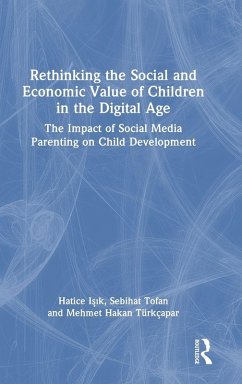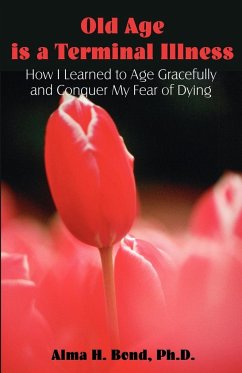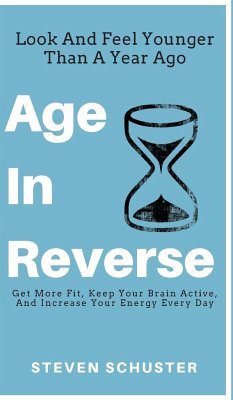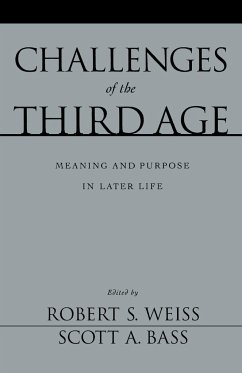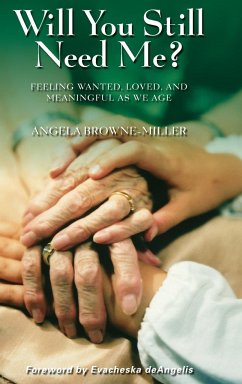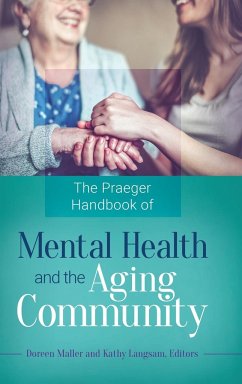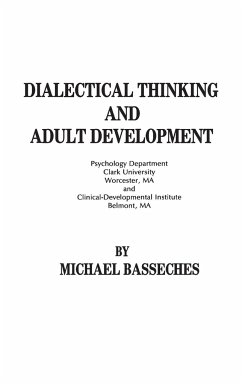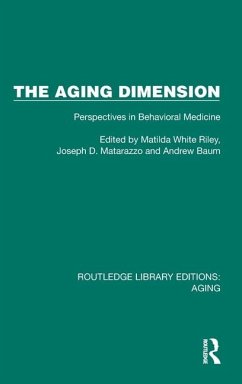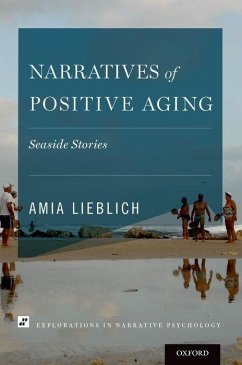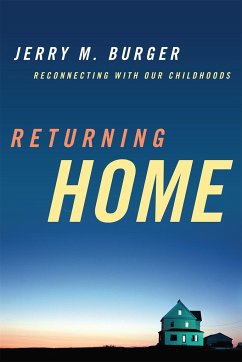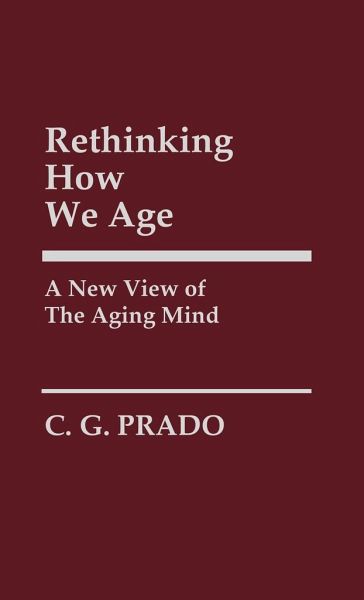
Rethinking How We Age
A New View of the Aging Mind
Versandkostenfrei!
Versandfertig in 1-2 Wochen
52,99 €
inkl. MwSt.

PAYBACK Punkte
26 °P sammeln!
?Using a crisp and economical style, Prado (Queen's University, Ontario) argues for a new way of conceptualizing aging and a revised vocabulary in speaking about aging. In the spirit of R. Rorty--bypassing the correspondists and referentialists--Prado suggests not a new theory but an innovative pragmatic approach. He challenges as prejudicial--and empirically unfounded--the assumptions that the adaptive capacity of the aged necessarily decreases and that their perspective narrows. In the tradition of H. Gadamar, Prado argues that a self-creative process of narrative is used in organizing exper...
?Using a crisp and economical style, Prado (Queen's University, Ontario) argues for a new way of conceptualizing aging and a revised vocabulary in speaking about aging. In the spirit of R. Rorty--bypassing the correspondists and referentialists--Prado suggests not a new theory but an innovative pragmatic approach. He challenges as prejudicial--and empirically unfounded--the assumptions that the adaptive capacity of the aged necessarily decreases and that their perspective narrows. In the tradition of H. Gadamar, Prado argues that a self-creative process of narrative is used in organizing experience; expectations and interpretations are set up that constitute understanding and are manifest in behavior. Thus, in coming to grips with one's role in shaping one's own perceptions it becomes evident that the negative model of chronological aging--as leading to inevitable deterioration and inflexibility--is at least partly a perception of one's own creation. Prado denies the possibility of the perspectiveless' articulation of truth while acknowledging the philosophical difficulties its advocates will find with his position. This is a basic book in an important new school of thinking on aging, an important work for professionals and college students in a wide range of disciplines extending beyond the fields of gerontology and geriatrics.?-Choice



